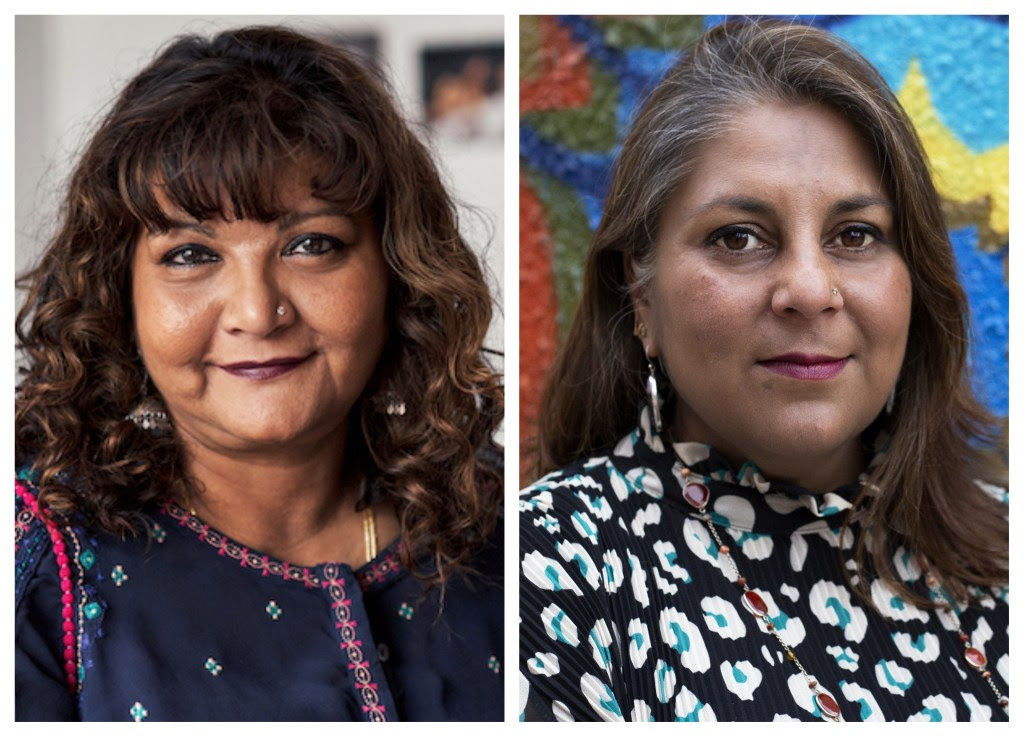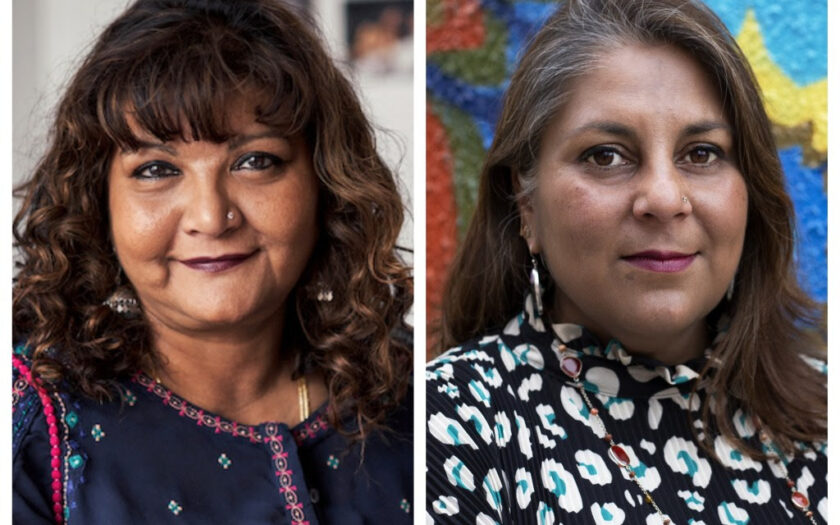Close-Up Culture
Tankia Gupta And Pooja Ghai Talk Great Expectations
Tankia Gupta (playwright) and Pooja Ghai (Artistic Director of Tamasha) – the creative duo behind Royal Exchange Theatre and Tamasha’s co-production of Great Expectations – speak to James Prestridge ahead of the shows opening in September.
Pooja, I understand you previously acted in a production of Great Expectations. What is your connection to this story?
PG: It’s come full circle in a way….I played Mrs Gargary in Tanika Gupta’s adaptation in 2011 and it was both amazing and eye opening to be in a production that brought a colonial lens on the story and didn’t shy away from the darker side of this history. Tanika transported Dickens’ classic to Calcutta and opened up a world of parallels between British and Indian cultures and a much-needed insight into our complex relationship. To be given the opportunity to direct this new adaptation in 2023, set during the 1905 partition of Bengal feels incredibly pertinent. The motive behind Lord Curzon’s 1905 partition of Bengal was divide and rule. Bengal was partitioned on religious lines. Muslim and Hindu. East and West Bengal. This led to a wave in nationalism and the rise of the Swadeshi movement. What was happening then has parallels to what is going on now in so many countries around the world.
What did you find compelling about playwright Tanika Gupta’s reimagining of Charles Dickens’ Great Expectations?
PG: Tanika shines a light on Britain and India’s history and their complex relationship with each other. She skilfully embraces the more challenging perspectives – the impact of imperial power over generations for both cultures. Dickens’ story lends itself this exploration and Tanika’s adaptation invites us into a period of history many know little or nothing about; it explores themes of nationalism, colourism, colonialism, race, power and class. More stories like these need to be on our national stages.
As artistic director, what did you hope to bring to this adaption?
PG: I am artistic director of Tamasha, and director of this production. We are proud to be co-producing this new adaptation with the Royal Exchange Theatre and I am so thankful that Roy Alexander-Weise and Bryony Shanon saw the importance of producing this play at this time. I hope the play generates conversation, invites people to broaden their lens on our colonial histories and the complex relationship between Britain and India. The story celebrates the resilience of individuals that are subjugated through colonial structures and highlights the value of allyship and friendship, Love and family. It doesn’t shy away from the darker side of the colonial coin – but asks us to delve deeper into this side of history to better understand why we are where we are today.

The story set against a colonial backdrop of 1903 Bengal, India. How have you found the challenge of bring this period and setting alive in the play?
PG: Directing any play in the round throws up a different set of challenges, you have to think slightly more out of the box and create a more abstract world that encapsulates all the locations the play takes us to. From a little village on the riverbanks of the River Padma, the winding corridors of Havisham’s colonial mansion and the bustling streets of the City of Calcutta, the challenge was to create an integrated space that transports us to these locations/worlds/settings, and I think we have cracked it!
Rosa Maggiora, who Tanika and I have worked with before, most recently on The Empress at the RSC, is doing the set and costume design for Great Expectations. It is a set encapsulating the elemental forces in Tanika’s adaptation: the water, the land, the grandeur, the craft, the heat and red dust of India. We cannot wait to share it with an audience.
What can audiences expect from the show?
PG: A fresh new perspective on a well-known story. It is witty and brave, bringing to life well-loved characters in a whole new light. The brilliant cast of actors is diverse – celebrating the diversity of the UK, our history, allyship, friendship and love.
What do you hope audiences take away from the show?
PG: I hope the play makes people think about the power our collective voice has, and how Britain and India share a long and complex history. There’s so much more that connects us, than divides us, and this a story that celebrates both resilience, friendship and love when so much of the world feels like it is against you.
Great Expectations runs from 8 September – 7 October
For further information – https://www.royalexchange.co.uk/event/great-expectations-2023/

